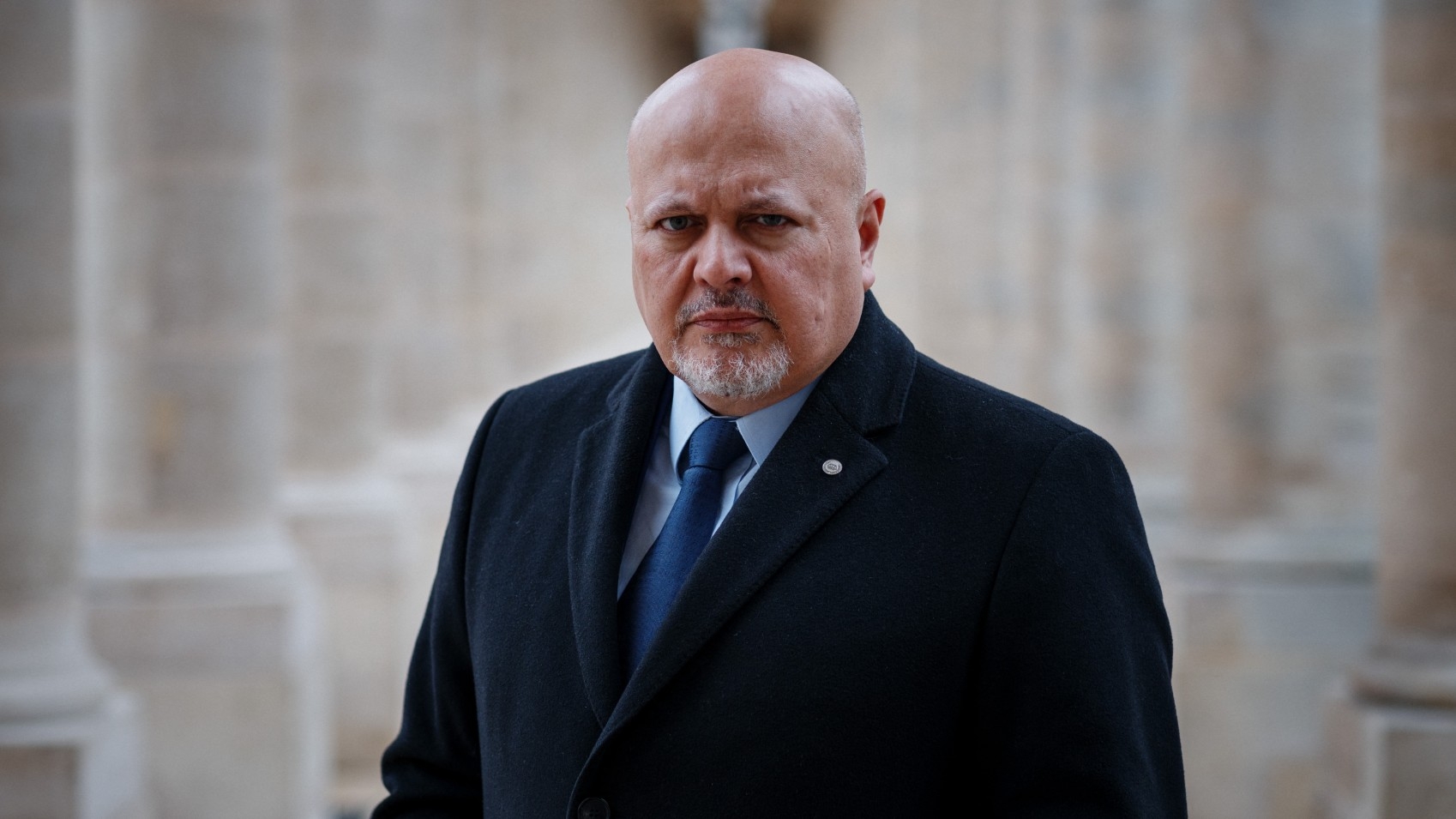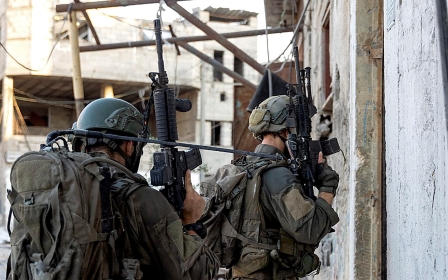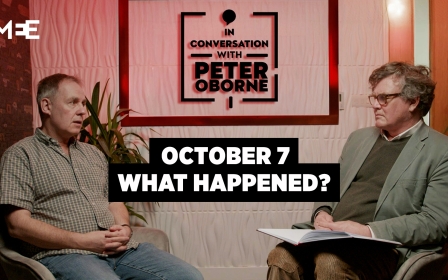History will judge the ICC's inaction. Judges must act now or step aside

The International Criminal Court (ICC) faces an unprecedented moment in its history, one that could shape its legacy and impact the lives of thousands.
Prosecutor Karim Khan and his team have risen to their mandate, applying for arrest warrants in the face of enormous risk and pressure.
Yet, the ICC as a whole is faltering. The delay in the judges' decision-making is a catastrophic failure to uphold the court's own mission.
The judges' task at this stage is straightforward: Consider the application for arrest warrants.
In the grand scheme of what lies ahead, it is a relatively small, yet urgent, step. However, this protracted delay is neither necessary nor reasonable.
New MEE newsletter: Jerusalem Dispatch
Sign up to get the latest insights and analysis on Israel-Palestine, alongside Turkey Unpacked and other MEE newsletters
The urgency of the situation demands immediate action, not months of drawn-out deliberation.
External factors
There is no volume of documentation or legal complexity that can justify this delay in deciding whether the prosecutor has met the evidential test for issuing arrest warrants.
I am convinced that external factors are at play, causing the judges to stall.
Every hour that passes sees more lives lost, men, women, and defenceless children falling victim to atrocities that, according to the ICC prosecutor, meet the threshold for war crimes.
The failure to issue - or even deny - arrest warrants is a colossal breakdown of the ICC’s purpose. Criminal accountability institutions like the ICC exist not just to hold perpetrators to account but to deter and prevent further crimes.
When confronted with crimes as heinous as war crimes, the ICC has a moral obligation to act swiftly and decisively, both to deliver justice and to prevent additional suffering.
A moral obligation
The world is teetering on the brink of a multi-state conflict with catastrophic global consequences. Swift issuance of arrest warrants would impose obligations on states worldwide, potentially staving off an escalated war.
It is not the ICC prosecutor who lacks the courage - it is the court itself, embodied by the inaction of its judges
The delay from the court, however, diminishes this chance.
Years ago, I had the opportunity to sit with a former ICC prosecutor and make a direct submission.
I expressed my envy for their role, as they had the power to save thousands of lives with a stroke of their pen. The prosecutor’s response was political rather than legal; they were under immense pressure, aware that they had the power but not the courage to act.
This time, however, it is not the prosecutor who lacks the courage - it is the court itself, embodied by the inaction of its judges.
As a lawyer and an officer of the court, I find it difficult to respect judges and institutions that fail to uphold the principles of justice and the rule of law. I cannot respect judges who allow people to continue dying because they require months to sift through legal submissions.
If you lack the resolve to do what is right, then step aside for someone who will. The court's mandate is about human lives, not career ambitions.
Time is ticking. Lives are being lost each day and each hour. History will judge the ICC's inaction, and it will not be kind.
The views expressed in this article belong to the author and do not necessarily reflect the editorial policy of Middle East Eye.
Middle East Eye delivers independent and unrivalled coverage and analysis of the Middle East, North Africa and beyond. To learn more about republishing this content and the associated fees, please fill out this form. More about MEE can be found here.





